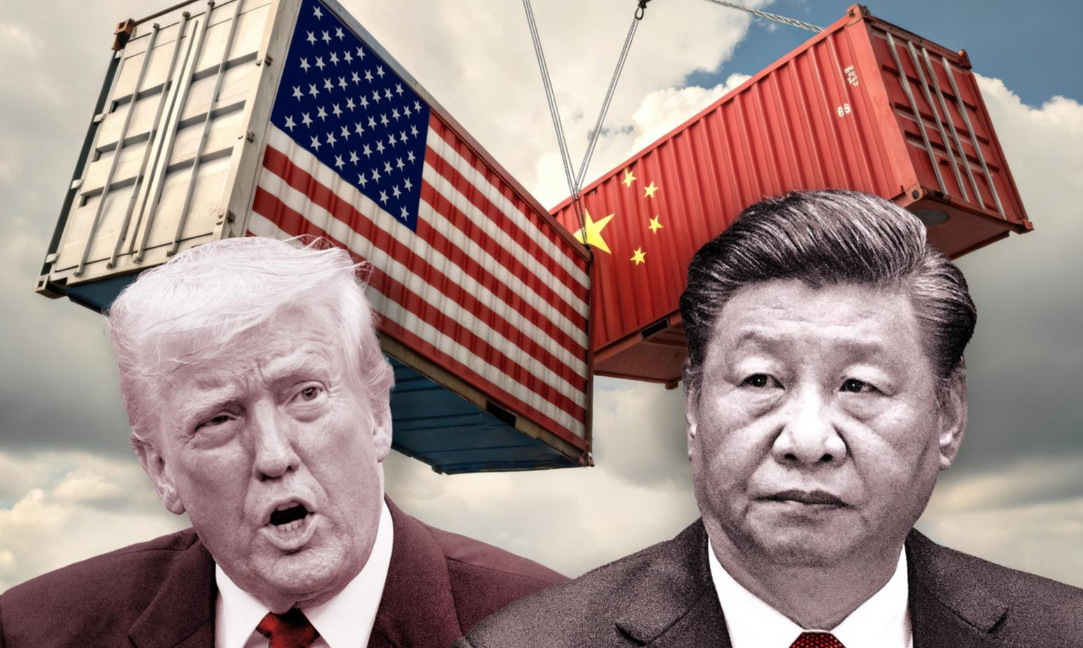
Shang-Jin Wei, Professor, Finance and Economics at Columbia University
Apr 10, 2025
U.S. President Trump has raised the tariff for Chinese imports to the U.S. to 125 per cent, while granting other countries a 90-day pause. (Photo: Artwork by Wi
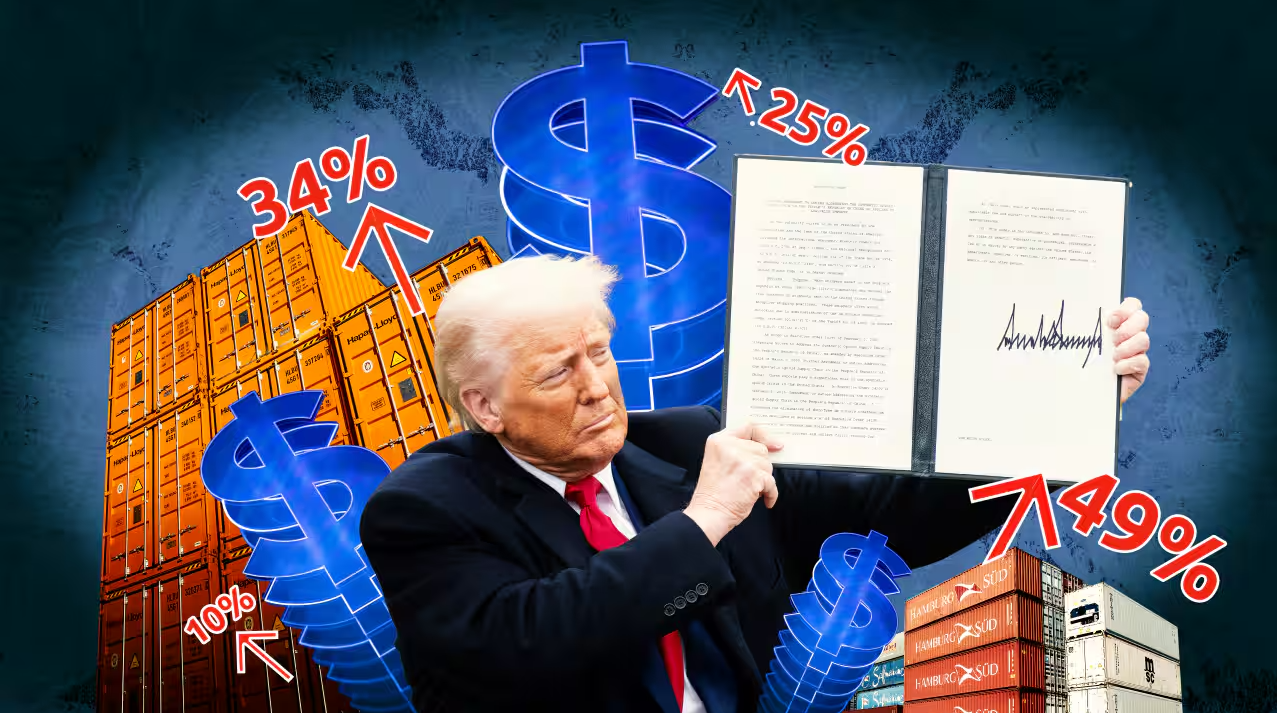
Yu Xiang, Senior Fellow, China Construction Bank Research Institute
Apr 09, 2025
Donald Trump might briefly bend the rules of economics, but their core endures. Tariffs could spark a U.S. manufacturing revival, but it will be fleeting. And the fallout — higher costs of living, strained global ties and a fractured world economy — seems all but certain.
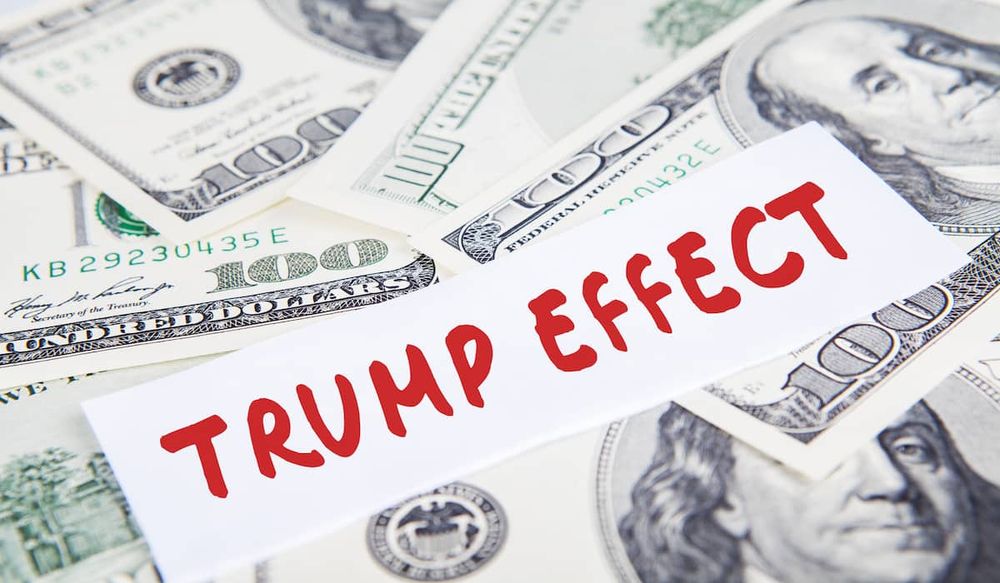
Stephen Roach, Senior Fellow, Yale University
Mar 31, 2025
The world’s major growth engines are about to run in reverse. The policies and uncertainties of US President Donald Trump’s second administration have hit a sluggish global economy with a transformational exogenous shock. Risks are especially worrisome in both the United States and China, which have collectively accounted for a little more than 40% of cumulative global GDP growth since 2010.

Zhou Xiaoming, Former Deputy Permanent Representative of China’s Mission to the UN Office in Geneva
Mar 31, 2025
A great many negative consequences would follow a successful effort by the United States to pull the MFN rug out from under the world’s second-largest economy. If this key pillar of global trade is taken away, the collapse of the WTO itself could follow.
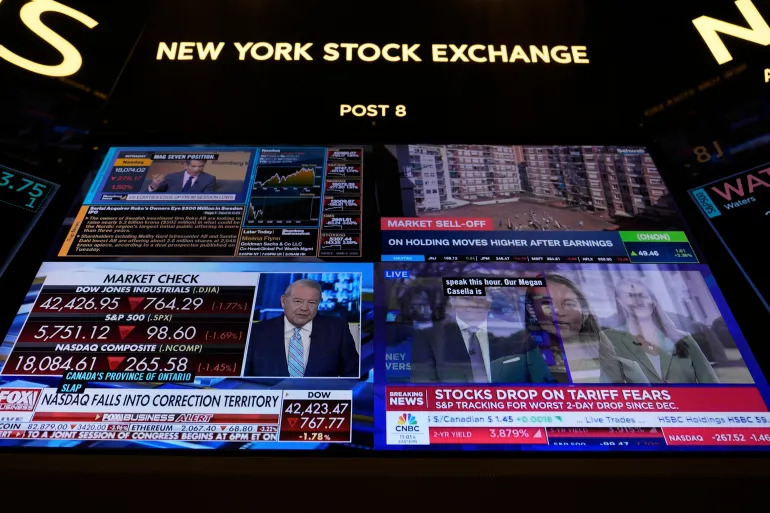
Yu Xiang, Senior Fellow, China Construction Bank Research Institute
Mar 20, 2025
The recent wave of volatility reflects policy missteps, market overheating and a shifting global landscape. Short-term risks remain, and vigilance is required for both economic indicators and policy. We’re living through a time in which there is no substitute for calm and prudent analysis.
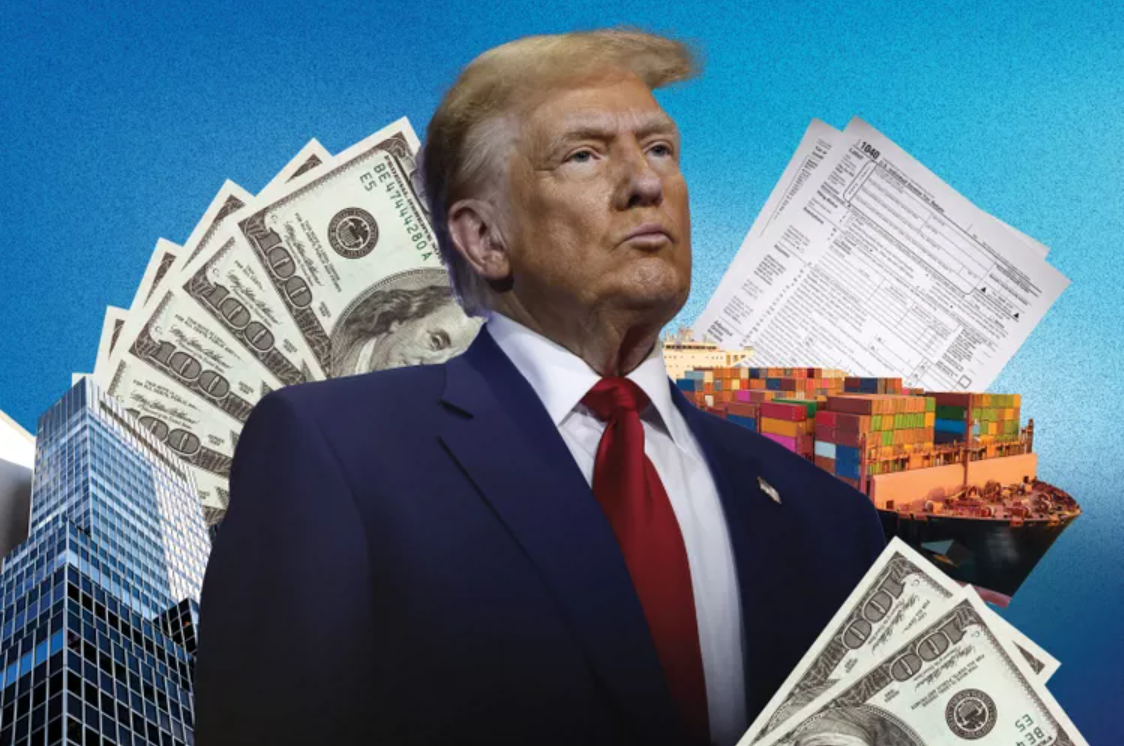
Ma Xue, Associate Fellow, Institute of American Studies, China Institutes of Contemporary International Relations
Mar 18, 2025
A combination of diverse factors, including interest rates, inflation, the fiscal sustainability crisis and judicial and political resistance, may reduce the flexibility of U.S. President Donald Trump’s economic policies.
Stephen Roach, Senior Fellow, Yale University
Feb 13, 2025
It’s impossible to predict the outcome of a random experiment. Yet that is the task that awaits us as we try to make sense of another Donald Trump era.
Carla Norrlöf, Professor of Political Science at University of Toronto, non-resident senior fellow at Atlantic Council
Feb 13, 2025
In a dramatic escalation of trade tensions, US President Donald Trump has imposed an across-the-board 10% tariff on goods from China, threatened a 25% tariff on imports from Canada and Mexico, and vowed similar measures against the European Union. His stated objective is to secure deals to halt the flow of drugs and unauthorized immigration into the United States, suggesting that tariffs will now be an instrument of border security. But trade barriers on this scale could destabilize global markets, drive up prices for American consumers, and potentially drag the US – and the world – into recession. In betting that the potential economic fallout is worth the gains in border security, Trump is gambling with America’s long-term influence and prosperity.
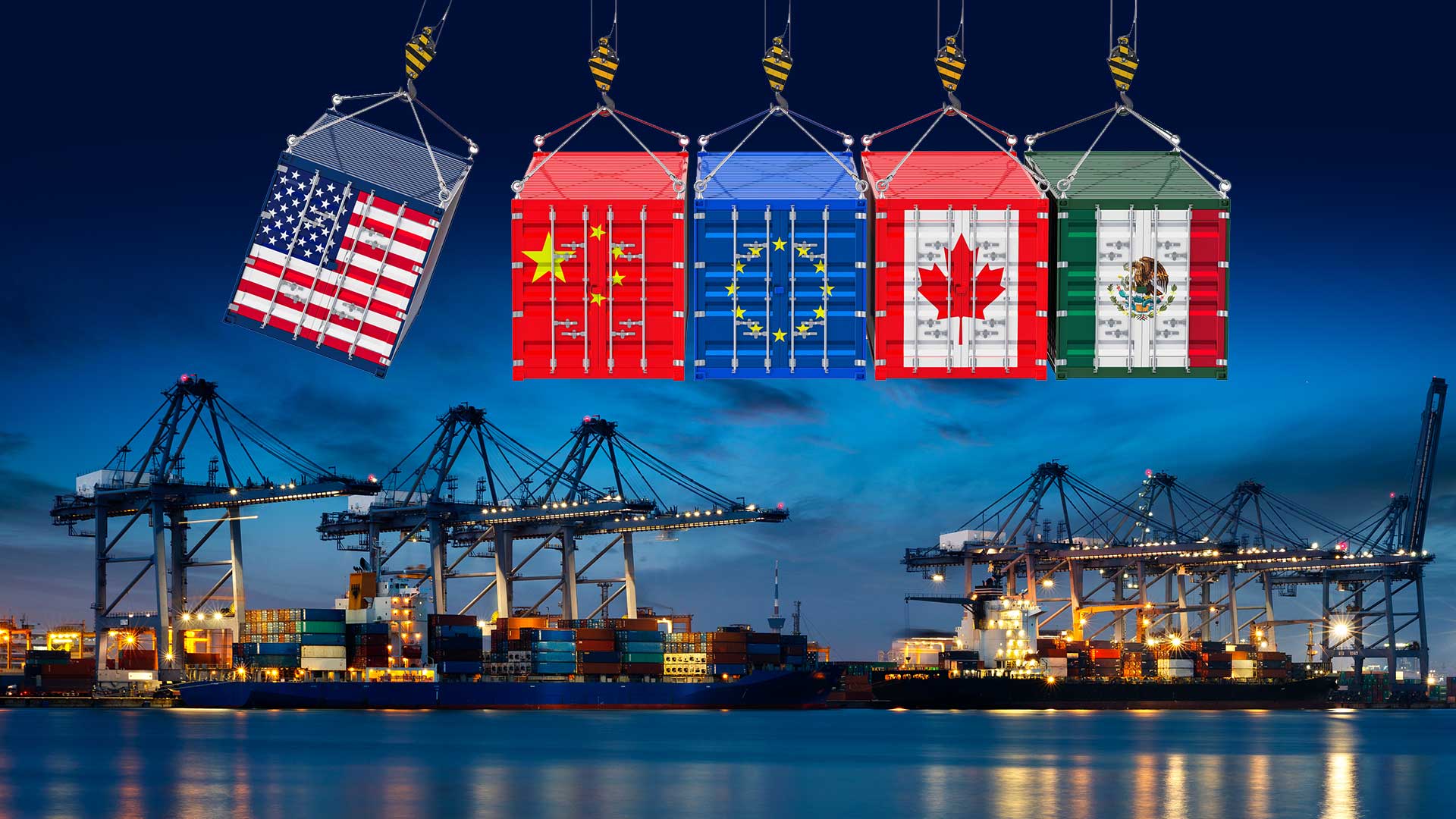
Ma Xue, Associate Fellow, Institute of American Studies, China Institutes of Contemporary International Relations
Dec 13, 2024
Trump’s old concept of tariffs originates in U.S. policies from the 19th century. He believes that he excels in the art of creating a “level playing field” to generate jobs at home. But what he is proposing would be the highest tariff level since the Great Depression.
Shang-Jin Wei, Professor, Finance and Economics at Columbia University
Oct 08, 2024
The timing of China’s new stimulus package is not coincidental. Arriving just before the 75th anniversary of the People’s Republic, the announcement was well-received by equity investors, leading to a surge of more than 15% in the country’s main stock indices.
Back to Top

- China-US Focus builds trust and understanding between the U.S. and China through open dialogue among thought leaders.
- Our Offerings
- Topics
- Videos
- Podcasts
- Columnists
- Research Reports
- Focus Digest
- Stay Connected
-
Thanks for signing up!
- Get the latest stories from China-US Focus weekly.